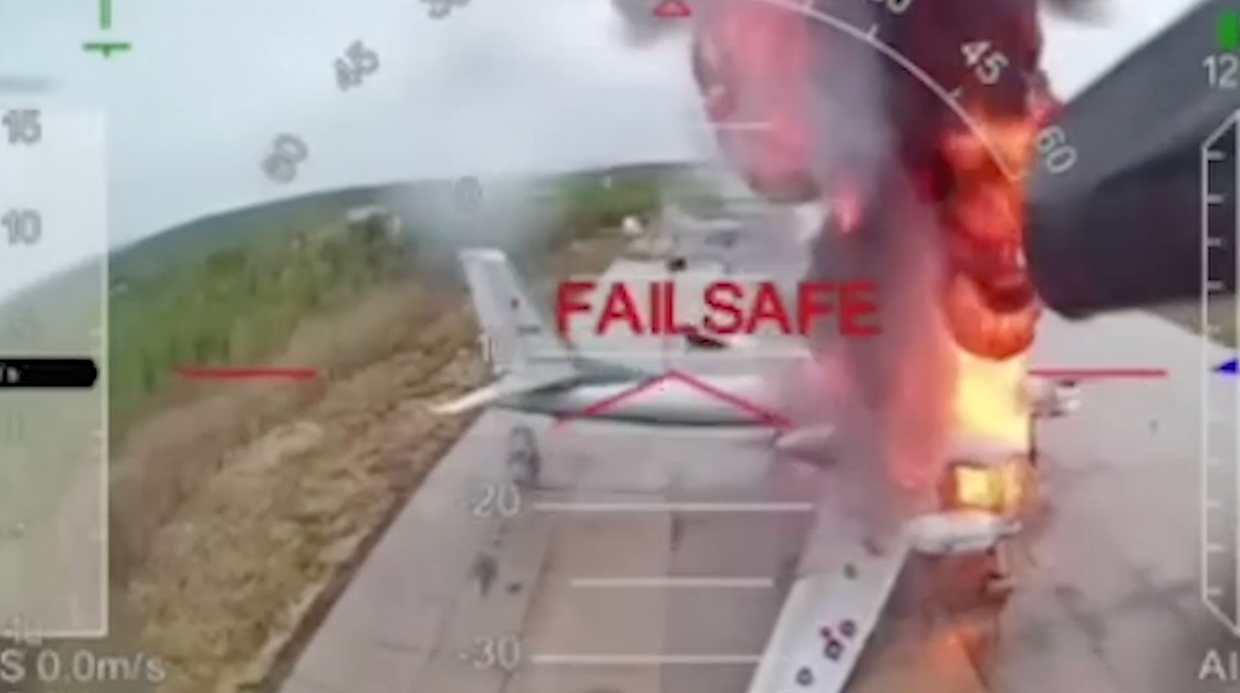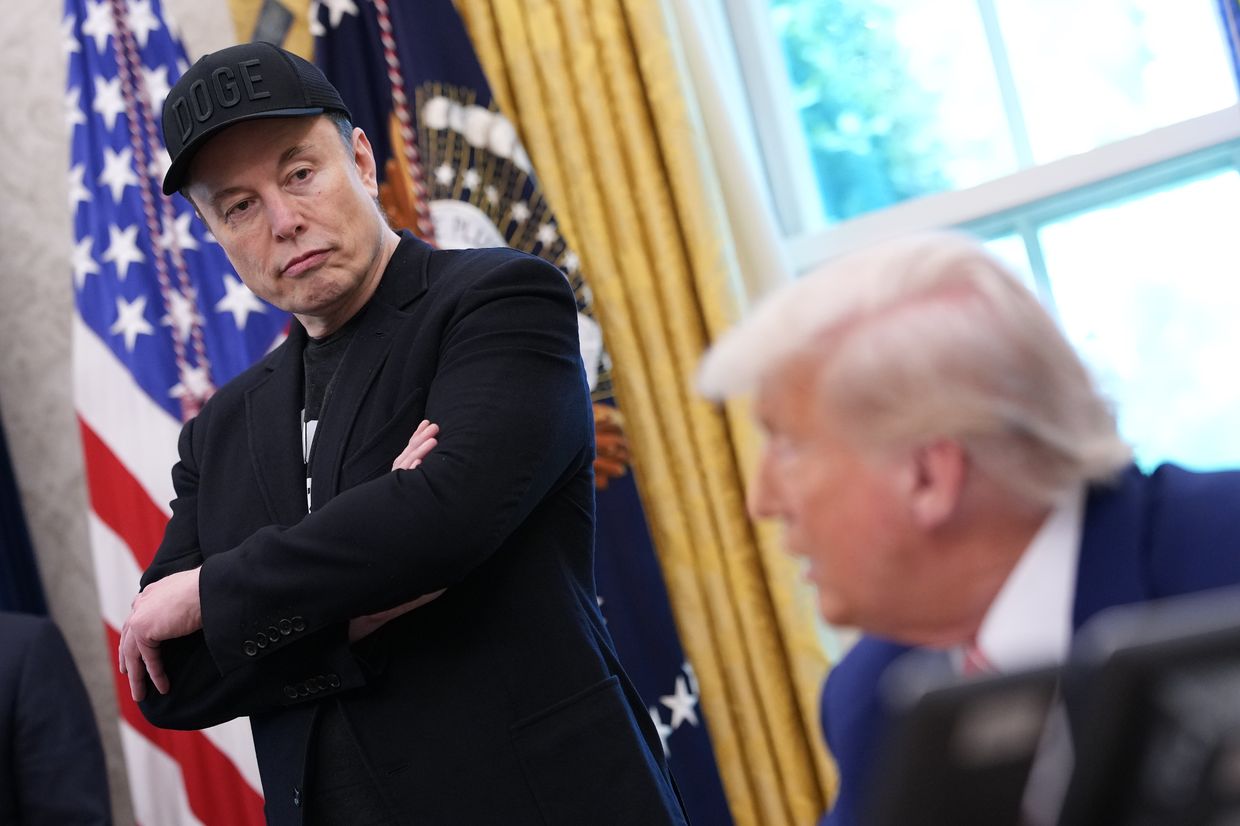Adria Cimino, The Motley Fool
Sat, May 31, 2025, 3:10 PM 5 min read
In This Article:
-
The Nvidia CEO spoke about the company’s future in China during the company’s recent earnings report.
-
It currently faces a halt on sales to the country that made up 13% of its revenue last year.
To use an old saying, the world was Nvidia's (NASDAQ: NVDA) oyster. The company reached out to global markets as it wished, selling its top artificial intelligence (AI) chips and generating explosive growth. But in more recent times, the U.S. -- beginning with the administration of former President Joe Biden and continuing with current President Donald Trump -- has put in place certain restrictions.
The Biden administration in 2022 launched export controls, limiting the types of AI chips that could be sold to the major market of China, then earlier this year issued the AI Diffusion Rule to further strengthen that position. The Trump administration recently revoked the diffusion rule, but said it would replace it with other guidelines soon. Meanwhile, Nvidia received notice several weeks ago that it could no longer sell its previously approved H20 chips to the Chinese market due to a U.S. government rule, and this resulted in a billions-dollar charge for the company.
It's important to remember that in the last fiscal year -- the 12 months ended Jan. 26, 2025 -- China represented 13% of Nvidia's revenue, so if the restrictions continue at this level, they will weigh on growth. That's why investors have paid close attention to Nvidia CEO Jensen Huang's comments and plans regarding the situation. And he just delivered a startling message during the recent earnings call. Let's take a look at what it could mean for the stock.
Nvidia had specifically designed the H20 AI chip, based on its Hopper architecture, to respect the U.S. government's guidelines and had earned approval to export it. But, back in April, it received word from the government that it couldn't export the H20 without a license. The U.S. hasn't yet issued such licenses to chip companies.
As a result, Nvidia was left with H20s it was unable to export, and it announced a $5.5 billion charge linked to that. In the company's earnings report this week, it lowered this to $4.5 billion as it was able to repurpose certain H20 materials. Nvidia's market share in China also has progressively declined from 95% about four years ago to 50% today.
Now, let's consider Huang's startling message about Nvidia's future in China.
"China is one of the world's largest AI markets and a springboard to global success," Huang said. "Today, however, the $50 billion China market is effectively closed to U.S. industry. We are exploring limited ways to compete, but Hopper is no longer an option."
.png)
 German (DE)
German (DE)  English (US)
English (US)  Spanish (ES)
Spanish (ES)  French (FR)
French (FR)  Hindi (IN)
Hindi (IN)  Italian (IT)
Italian (IT)  Russian (RU)
Russian (RU) 







Comments